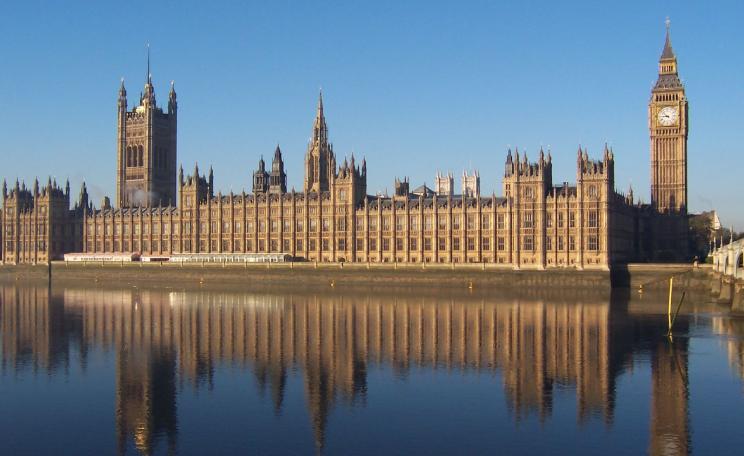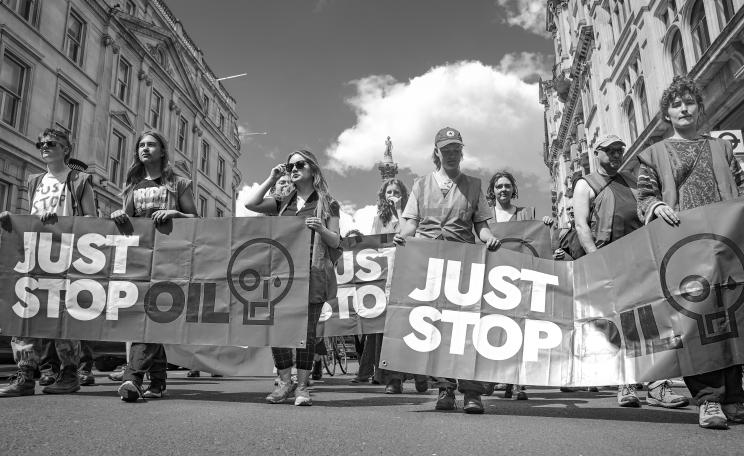.
Hens’ suffering at mega farm exposed, Brendan Montague
Brendan Montague reveals the truth behind Sunny Farm who had been a supplier of eggs at Lidl. With the help of Animal Justice Project, this article reveals the heart breaking truth behind the treatment of hens in the UK involving the breaching of rules of the Red Lion stamp.
Caged hens are allocated the space ranging from the size of a postcard and the size of an A4 piece of paper, causing panic, trampling, thirst, starvation, abuse from workers and death. The EU has aimed to ban all caged eggs by 2025 but the UK has failed to follow suit.
The cruel fantasies of well fed people, George Monbiot
This story discusses the world where the population is rising yet hunger levels are lowering. Food is not grown locally anymore. The production of food uses more land and has come at an environmental cost. Monbiot asks: how we can continue to feed the world at a lesser environmental cost?
Death due to famines and malnutrition has gone down; the article runs through periods of history and two crucial reasons why: greater availability of food per person and long distance travel of food. The article goes on to discuss the book Saying No to a Farm-Free Future by Chris Smaje. George Monbiot talks about the differences of opinion between his own and Smaje’s on the problem of poverty and maldistribution of wealth in the UK.
Monbiot questions Smaje’s suggestion to introduce a “self-provisioning” world, one which would be “repeasantised”. He asks, what would happen when urban cities collapse? Smaje suggests we can bring the people to the food. But Monbiot points out that the more probable outcomes of societal collapse include full-scale war and mass death. You can read Chris Smaje's reply here.
Monbiot concludes by iterating that we all have a duty to engage and our aim should be not to use societal collapse as a tool to shape the world to our tastes, but to seek to avert societal collapse.
Oppenheimer will blow you away, Brendan Montague
Brendan Montague reviews Christopher Nolan’s 'Oppenheimer' and how his terrible invention still has the power to be the destroyer of worlds. He discusses the terrifying history of the atomic bomb and Murphy’s ability to portray every atom of that actual historical figure - every blemish, every feeling, every equivocation, every ethic, every sole destroying regret.
The article points out Nolan's failure to never "make a didactic film" while Oppenheimer carries the most powerful and moral fables of our times; we as a species have to abandon fossil fuels and find other ways to power our lives.
The article flicks between discussing the film and the history of J. Robert Oppenheimer, communism and the Nazis, returning to the current reality of climate breakdown and the terrifying position we have found ourselves in.
In this video interview Professor Kevin Anderson from the Tyndall Centre at University of Manchester and also at the University of Uppsala, reflects on Bill Gates and people like him, asking why they get so much media coverage considering the accuracy of what they say.
The economics of system collapse, James Meadway
New research in the scientific journal Nature Sustainability explains why we may be underestimating the possibility of an “ecosystem collapse”. The stress on various ecological systems is making the overall collapse of ecosystems far more likely.
This article highlights the importance of a holistic view of changes and the permanency of a tipping point. It discusses the reality that economic thinking will not work when it comes to climate change. Once an ecosystem is gone, it’s gone, there is no “trade-off”.
Future, what future?, Herbert Girardet
In an essay, Herbert Giradet discusses the historic challenges that the world is facing and the role of the UN in strategising to reduce the harmful impacts of climate change. In the lead up to the 2024 Un Summit of the future, this essay discusses what the UN have accomplished so far, precedents and decision making, the impact of the Anthropocene, how we can create a regenerative economy and the power that the summit holds on tackling this global crisis.
Public ‘embrace Just Stop Oil’, Guy Smallman
In this short article is a series of photos from a Just Stop Oil by Guy Smallman who has been tracking protest for decades. He notices a change in the public’s response to Just Stop Oil - encouragement from the public.
A climate of injustice, Catherine Early
Catherine Early reports on the movement that was sparked by the treatment of Trudi Warner who protested after a judge prevented defendants from mentioning climate change or fuel poverty during their trials. A criminal investigation was launched by the Metropolitan Police after 12 people copied Warner's act of protest. People suspect the police aim to deter people from making this form of protest which has in turn lead to the number of planned protests increasing.
Just stop genocide, Brendan Montague
Brendan Montague comments on the climate and Palestine protests taking place and the significance of the coordination of the two movements. He discusses the lessons that the climate movement and the Palestine movement will learn from each other.
The article notes the similarities between the recent history of the XR movement and the ways that the Palestine protests have echoed their successes. He also draws attention to the protest groups that have bloomed since the formation of XR including Fossil Free London. The peace movement is adopting more direct action than during any previous period but Brendan makes the important point that mass demonstration should not be abandoned.
‘Every molecule of hydrocarbon will come out’, Adam Hanieh
In this article Adam Hanieh emphasises the importance of acknowledging the Gulf and the politics of the wider region when putting climate change into perspective. Writing about the weight of the six Gulf Arab states in the world oil industry, Adam Hanieh discusses the ‘East-East’ hydrocarbon axis and its impact on the rising levels of wealth in the Gulf.
He emphasises the importance of paying attention to the trends in the Gulf because any ‘green transition’ will be significantly impacted by the actions and policies of these states. He runs through the history of Western oil corporations in relation to the increase in China’s consumption and demand for oil. He discusses the shift of Western domination to Asian and Saudi companies.
He makes the point that the expansion of the renewable sector is necessary to enable the next step for the Gulf to sell more oil and gas. Most importantly he encourages readers away from concentrating its fire solely on Western governments and the Western oil industry for it would be unrealistic and inadequate to the enormous challenges at hand.
This Author
Ruby Harbour is a freelance journalist.







